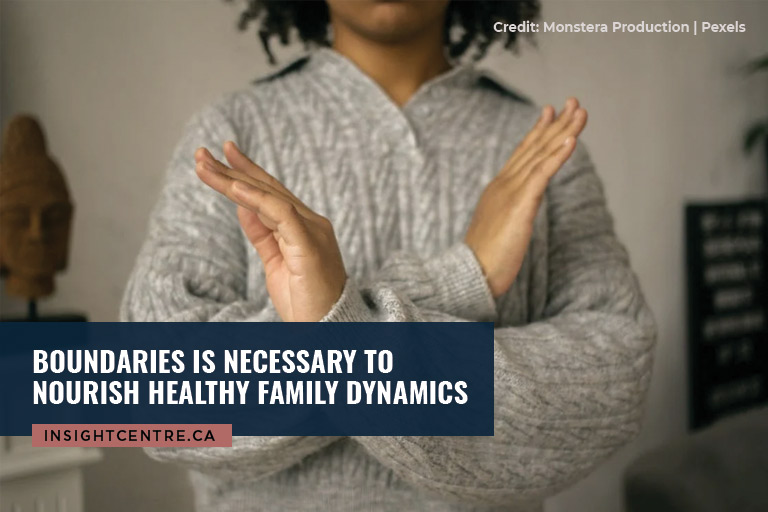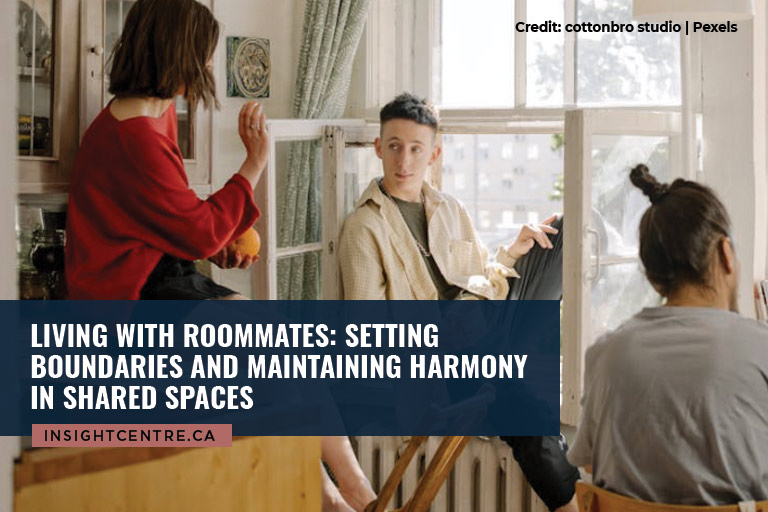Finding Your Creative Spark: Reigniting Passions and Hobbies while Living in Barrie

Studies have proven that hobbies have a positive impact on a person’s overall well-being. One particular study found that those who indulged in leisure activities had “lower blood pressure, total cortisol, waist circumference, and body mass index, and perceptions of better physical function.”
Unfortunately, between work, family, and the hustle of everyday life in Barrie, it’s easy to lose touch with the things that once brought you joy. But what if we told you that reigniting your creativity and rediscovering those forgotten hobbies is not only possible but essential for a fulfilling life?
Find out how; this is your guide to tapping back into your creative spark while living in Barrie.
Reasons Your Creative Spark May Be Dimming

Creativity isn’t just about painting or writing poetry. It’s about problem-solving, finding joy in the everyday, and expressing yourself authentically. Studies have shown that engaging in creative activities can:
- Reduce stress and anxiety
- Boost mood and self-esteem
- Enhance cognitive function
- Improve social connections
However, before you try to return to those activities, consider why your creative spark may have diminished. Common culprits include:
Stress and Busy Schedules
Life gets hectic! Long work hours and daily responsibilities can leave little room for passion projects.
Lack of Motivation
Feeling uninspired or overwhelmed can make it hard to start anything new.
Fear of Failure
The fear of not being good enough can be a powerful deterrent to creative exploration.
How to Rekindle Your Creativity
Reconnect with Yourself
Self-Reflection
Dedicate time for introspection. What activities brought you joy in the past? Did you have a creative outlet you let go of? Journaling or meditation can help you unearth forgotten passions.
Acknowledge Challenges
Consider what’s preventing you from pursuing creativity. Is it a lack of time, self-doubt, or fear of judgment? Addressing these roadblocks is crucial to moving forward.
Cultivate a Creative Routine
Schedule Time
Dedicate specific times for creative pursuits, treating them like important appointments. Blocking out dedicated creative time helps overcome procrastination.
Start Small
Don’t overwhelm yourself. Begin with short, manageable sessions that gradually increase in duration. Consistency is key to building a sustainable creative habit.
Embrace Imperfection
Perfectionism is the enemy of creativity. It instills the fear of starting new activities or brings you to give up on the first try. Allow yourself to experiment, make mistakes, and learn from the process. Focus on the joy of the journey, not just the final product.
Find Your Tribe
Connect with Like-Minded Individuals
Local art clubs, online forums, or social media groups focused on specific hobbies can connect you with others who share your interests.
Barrie Public Library
Public libraries offer a wealth of resources to nurture creativity. Join book clubs focused on creative genres or participate in programs on writing, drawing, or other artistic pursuits.
Co-Working Spaces
Shared workspaces like The Station or The Loft provide a vibrant atmosphere conducive to creativity. Surrounding yourself with creative individuals can spark inspiration and offer opportunities for collaboration.
Take Advantage of Barrie’s Creative Scene
Arts and Culture Scene
Immerse yourself in Barrie’s vibrant arts scene. Visit the MacLaren Art Centre, attend a play at the Georgian Theatre, or explore local art walks.
Community Centres and Libraries
These hubs often hold beginner-friendly classes for a variety of creative pursuits, from pottery and photography to woodworking and dance.
Workshops and Classes
Hone your skills with numerous workshops offered in Barrie. Learn pottery, photography, creative writing, or even coding – the possibilities are endless!
Online Resources
There’s a wealth of online tutorials and courses available for almost any creative endeavour. From learning a new language to mastering a musical instrument, the internet is a fantastic resource.
Natural Inspiration
Nature walks, hikes, or bike rides along Barrie’s waterfront can provide a refreshing perspective and spark creative thinking.
How Individual Therapy Can Reignite Your Creative Spark

While exploring Barrie’s artistic scene and fostering a creative routine are crucial steps, sometimes deeper challenges need to be addressed to bring your creativity back to life. This is where individual therapy comes in.
Individual therapy provides a confidential space to determine the underlying issues of your creativity. A qualified therapist can help you:
Identify Roadblocks
Many things can hinder creativity, from stress and anxiety to low self-esteem and fear of failure. Therapy helps you identify these roadblocks and understand how they’re impacting your creative pursuits.
Work Through Past Experiences
Negative experiences, like criticism or creative failures in the past, can leave you feeling discouraged. Therapy can help you process these experiences, develop coping mechanisms, and move forward with a renewed sense of confidence.
Develop Self-Compassion
Perfectionism and self-criticism can be major creativity killers. Therapy can help you develop self-compassion, allowing you to embrace mistakes and see them as opportunities for growth.
Manage Stress and Anxiety
Chronic stress and anxiety can leave you feeling drained and unable to focus on creative endeavours. Therapy equips you with tools to manage these emotions, creating a more conducive environment for creative expression.
Boost Self-Esteem
Low self-esteem can make you doubt your abilities and hesitate to pursue creative activities. Through therapy, you can build a stronger sense of self-worth, allowing you to approach your creative work with confidence.
Individual therapy isn’t just about addressing problems; it’s also about empowerment. By working through your challenges and developing coping mechanisms, you’ll gain a deeper understanding of yourself and your creative process. This newfound self-awareness can lead to increased motivation, a more positive outlook, and a renewed sense of purpose in your creative pursuits.
Insight Centre Counselling & Psychotherapy offers individual therapy services in Barrie to help you face emotional challenges and rediscover your creative potential. Our experienced therapists can provide a safe and supportive space to address underlying issues that may be hindering your creativity. Call us at +1 647-633-1928.













